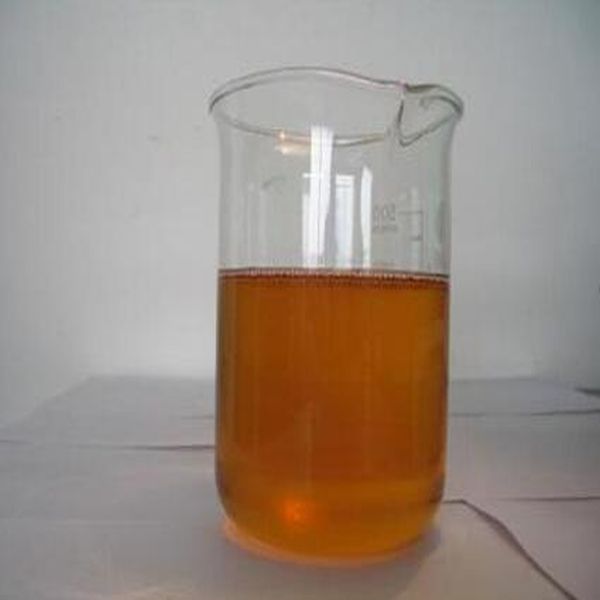Dimethoate is a kind of insecticide with a wide range of applications and a large yield. It is suitable for the control of piercing and sucking mouthparts pests on various crops, such as aphids, leafhoppers, whiteflies, leaf miners and certain scales Etc., it has a good control effect and a certain control effect on mites.
However, dimethoate is relatively volatile. A large amount of lost pesticides evaporate into the air, water bodies, and settle in the soil to pollute agricultural, livestock, and fishery by-products, and transfer to the human body through the enrichment of the food chain, causing harm to the human body. In addition, dimethoate has potential teratogenic, mutagenic and carcinogenic effects. Dimethoate is stable under acidic conditions and easily decomposes under alkaline conditions. It will be converted into CH3S-isomers when heated. Water vapor can cause slow decomposition, and it will also slowly decompose during storage. It is soluble in water, with a solubility of 25 g/L at 21°C. It is soluble in most organic solvents, but hardly soluble in aliphatic hydrocarbons.
application:
Contact and systemic organophosphorus pesticides. It is used to kill mosquitoes, flies, bed bugs, cockroaches, ticks, mites and aphids, red spiders, leaf flies, psyllids and other medical pests. Dimethoate is sprayed with emulsifiable concentrate on water or powdered to prevent and control grains, vegetables, fruit trees, The piercing and sucking mouthparts, chewing mouthparts pests and herbivorous mites on cotton, ornamental crops, forest trees and other crops, including aphids, spider mites, thrips, leafhoppers, planthoppers, whiteflies, psyllids and Diptera pests such as leaf miners and fruit flies, as well as rice borers, cotton bugs, fruit tree worms, scale insects, etc.
In addition, dimethoate can be sprayed on the walls of farm buildings to prevent houseflies. Although the insecticidal effect is relatively slow, the effect can last up to 8 weeks. Dimethoate pure product can also be used for body spray, intramuscular injection or oral administration to prevent and control dipteran parasites in and out of livestock. The half-life of dimethoate in soil is only 2 to 4 days, so it is not suitable for soil treatment. It is safe for crops under general use, but it is harmful to certain varieties of walnuts, pine trees, peaches, dates, apricots, plums, oranges, lemons, hops, tomatoes, cotton, sorghum, kidney beans, tobacco and other crops. Varieties of apples and flowers can cause rust spots.
Due to the high oral toxicity of dimethoate to livestock and poultry, the pasture and green manure sprayed with the medicament cannot be used as feed within one month; no grazing is allowed within 7-10 days of the field where the medicament is sprayed; seeds contaminated with the medicament cannot be fed to poultry. The prohibition period of vegetables, fruits, tea, and tobacco before harvest is different, not less than 2-15 days respectively, and not less than 10 days for grain crops such as wheat and sorghum.
Post time: Jul-21-2020
